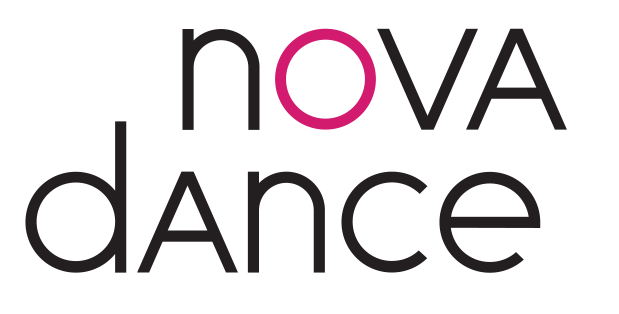Interview with Dainty Smith on BHM
Storyteller and creator, Dainty Smith, shared with us her perspective on Black History Month, and how it shapes her practice in the current arts sector
Photo credit: Slyplaystudios
“Blackness is a not a monolith, we are a vast, multifaced and complex peoples...”
What does Black History Month mean for your art as it is practiced in Toronto/Canada?
Black History Month, means a lot to me as storyteller in the Canadian landscape. It means showcasing and telling stories that reflect Black women and femmes and shows the fullness and complexity of Black Femininity. And doing that artwork consistently. I am committed to centering Black femininity as the main point of focus in narratives and having our voices be heard.
How has your ethnic identity shaped your personal practice?
My ethnicity is deeply interwoven in my art practice. I can't tell stories without honouring Black femininity.
What are your observations in regard to representation within the sector?
Blackness is a not a monolith, we are a vast, multifaced and complex peoples. Informed by our individual and unique lived experiences and that is not represented arts and culture. There's so much more of who are as a diaspora. And our trauma is not the entirety of who are. I want more of our stories and opportunities to show that.
In your opinion, has the progress made by and in concerning Black artists and organizations also made a difference for other racialized groups; and how so?
I am very inspired by the incredible strength, storytelling abilities and magical innovation of Black artists. I believe that in us (Black artists) showing up and representing our pain and our resistance and victories that we encourage other people of colour to do the same. That is further helped through allyship and reaching across our varied struggles and seeing the ways we can come together and find healing.
What does the ideal observance of BHM within the arts sector look like to you?
This is a difficult question for me to answer. I don't know that I have a clear answer but I would say, that giving Black creativity larger platforms and opportunities is important, funding Black artists and uplifting and supporting Black artists consistently in the arts sector is a good way for us to move forward and thrive.

